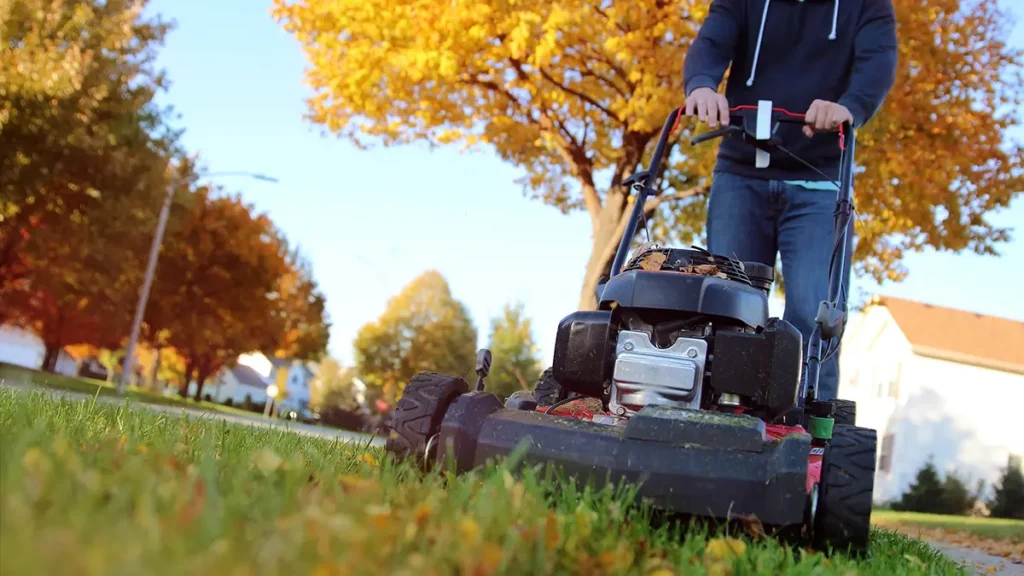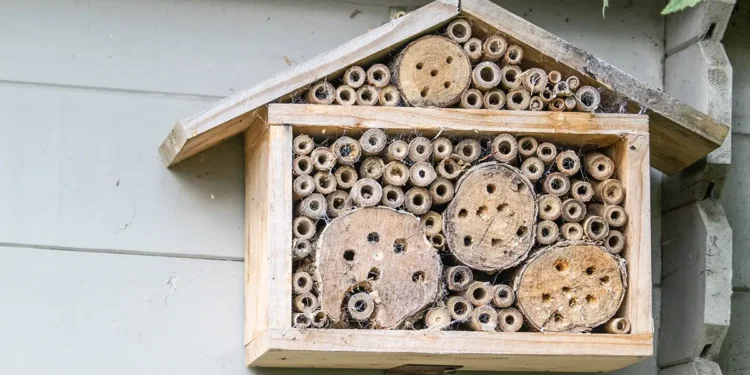Discover simple and effective ways to help winter wildlife thrive during the cold winter months in your garden.
As winter approaches, wildlife faces many challenges. Here are some practical tips to support wildlife in your garden this winter.
Food
Scarce in winter, providing a reliable food source can help the little visitors to your garden, including squirrels and birds that forage for food. Hang a bird feeder filled with seeds, nuts and suet, making sure it’s kept clean to prevent the spread of diseases.
Scatter fruit like apples and berries on the ground for ground-feeding birds and mammals, and consider leaving out some kitchen scraps like cheese, unsalted peanuts, and cooked potatoes for foraging foxes and squirrels.
Water
The other vital part of sustenance… however, water has an annoying tendency to freeze in winter, making it difficult for wildlife, including those that hibernate, to stay hydrated.
Therefore, place shallow dishes of fresh water in your garden and check regularly for ice. A birdbath with a small heater can also provide a constant source of liquid water, but remember to clean and refill the water sources daily.
Shelter
Crucial for wildlife to stay warm and safe, create log piles or leave dead wood in corners of your garden to provide habitats for insects and small mammals.
Bird and bat boxes can offer safe roosting spots, and if you have hedges, avoid cutting them back in winter as they provide natural shelter and food for nesting birds.

Preserve Leaves
Leaves and plant debris can be left on the ground to provide insulation and habitat for insects and small mammals. This layer of leaf litter also enriches the soil as it decomposes, benefiting your garden in the long term. Avoid excessive tidying to maintain these natural shelters.
Shrubbery
Native plants and flowers are better suited to the local climate and provide the right kind of food and shelter. Holly, ivy and hawthorn are excellent for providing berries and dense cover, while late-flowering plants like heather can provide nectar for pollinators during the milder winter days.
Chemicals
Pesticides and herbicides can harm wildlife, especially when food is already scarce. Opt for organic methods of pest control, such as encouraging natural predators like owls and using barriers to protect nesting sites.
You can help this along by letting your garden grow a little wild – this will provide a sanctuary for beneficial insects and birds that help manage pests.
Compost
Finally, a compost heap can provide warmth and food for many creatures. Hedgehogs, frogs and various insects benefit from the heat generated by decomposing plant material, so ensure it’s accessible but not too disturbed.
Supporting winter wildlife in your garden during winter is rewarding and vital for maintaining biodiversity. By making small changes and providing essential resources, you can create a haven for creatures great and small.







